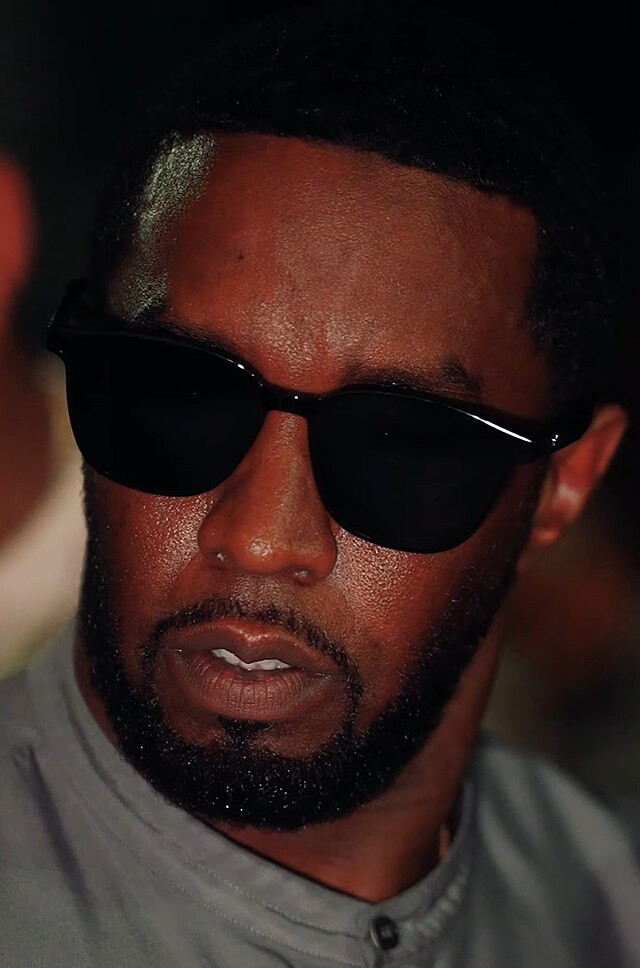Sean "Diddy" Combs' legal team has raised new allegations that federal prosecutors are "spying" on the music producer during his pretrial detention at the Metropolitan Detention Center in Brooklyn, claiming the government seized and reviewed private notes intended for his attorneys. The defense contends this conduct has already undermined Combs' ability to prepare confidentially for his May 2025 trial on charges including sex trafficking and racketeering.
"The evidence shows the government is using Mr. Combs' detention to spy on him and invade his confidential communications with his counsel," the defense said in a filing obtained by multiple outlets, including People. The lawyers assert that photographs were taken of personal notes and other materials during a recent raid on Combs' cell, all without his consent or prior judicial approval.
Combs, who was indicted in September and pleaded not guilty, has been denied bail three times. He remains in federal custody on the grounds that he may present a danger to the public and a risk of flight. Against that backdrop, his attorneys have accused prosecutors of exploiting his incarceration to gain an unfair advantage. "This disturbing conduct is a blatant violation of Mr. Combs' rights," the defense wrote, adding, "Prosecutors say the search was motivated by security concerns at MDC, but that is a false pretext."
In response, prosecutors have denied any intentional wrongdoing, stating that a sweep of the facility was pre-planned and not aimed specifically at the entertainment mogul. According to their account, officials discovered an address book, a notebook, and a folder marked "legal" among Combs' belongings. Prosecutors claim the legal folder was only examined on the outside to ensure it did not contain contraband, and that no privileged information was intentionally reviewed. They say any notes that were photographed have since been handled by a "filter team," which removed potentially protected content before it reached the prosecution.
Still, Combs' legal team insists the government acted improperly, claiming prosecutors "knowingly, intentionally and secretly" intruded upon privileged materials. "Mr. Combs cannot possibly receive a fair trial if he is not permitted to confer privately and confidentially with his counsel and others working at their direction, and to take and keep notes of his trial preparation," his attorneys said.
Judge Arun Subramanian, who has presided over key hearings in Combs' case, held an emergency session on November 19. While he did not reverse the denial of bail, he ordered prosecutors to destroy any copies of Combs' private notes found during the raid. This directive offered the defense a partial victory, though it did not ultimately grant Combs the conditions his team has been seeking, such as in-home detention under a $50 million bond.
The case against Combs is set to go to trial in May 2025, and with months to go, tensions between the defense and the prosecution are escalating. The defense maintains that the government's conduct has been far from routine, casting it as an attempt to erode the bedrock principle of attorney-client privilege.
Combs' team has repeatedly criticized what they describe as an aggressive prosecutorial approach. They argue that officials deliberately took advantage of the entertainer's circumstances behind bars-restricting access to confidential communication and thereby hindering his ability to mount an effective defense.
The White House and the Justice Department have not publicly commented on the allegations. As the trial date approaches, both sides will likely return to these issues, with Combs' attorneys pushing for stricter safeguards against any perceived infringement on his rights and prosecutors seeking to uphold the integrity of their case and the standard detention protocols.
Absent a successful bond request, Combs is expected to remain in federal custody until his trial commences. His legal team has indicated it will continue challenging both the conditions of his detention and the government's handling of his privileged materials, setting the stage for further pretrial battles over the boundaries of attorney-client confidentiality.





